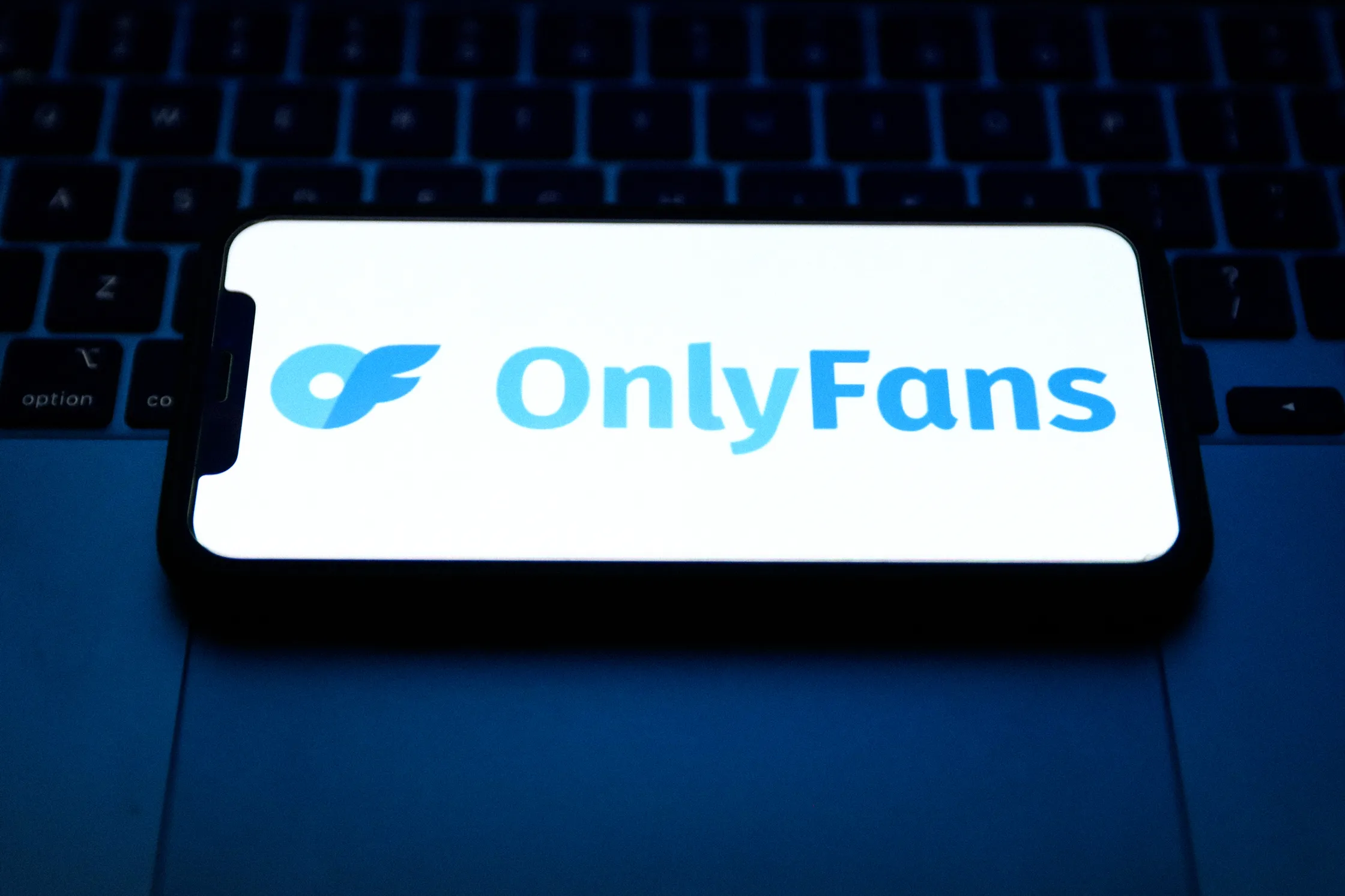In an unexpected turn in the high-stakes battle for TikTok’s future, Tim Stokely — the founder of subscription content platform OnlyFans — has submitted a last-minute bid to acquire the U.S. operations of TikTok. His proposal comes in partnership with The HBAR Foundation, which supports development on the Hedera crypto network.
The bid was submitted just days before the April 5, 2025 deadline, after which TikTok could face a U.S. ban unless its Chinese parent company, ByteDance, sells the app to an American entity. The looming cutoff is part of a national security push to reduce Chinese influence over American user data and content algorithms.
A Creator-Centric Vision for TikTok’s Future
Stokely, now the founder of a new platform called Zoop, is pitching a vision that reimagines TikTok as a “creator-owned” platform. Unlike OnlyFans — known for its adult content niche — Zoop is designed to be family-friendly, with a focus on empowering creators and communities through ownership, likely using blockchain-based models to give users and creators a stake in the platform’s growth.
While specifics of the proposal remain under wraps, the core pitch emphasizes creator compensation, transparency, and user data protection — elements that directly address both the White House’s concerns and creators’ long-term frustrations with opaque algorithms and shifting monetization policies.
A Crowded Field of Potential Buyers
Stokely isn’t the only one eyeing TikTok. Major players have jumped into the bidding frenzy, including Amazon, which submitted a late-stage offer in a move seen as part of its growing ambitions in media and advertising. Oracle, a longtime contender for TikTok’s U.S. operations, has reportedly partnered with private equity firm Blackstone and existing U.S.-based TikTok investors in its proposal. Their pitch involves licensing TikTok’s algorithm from ByteDance while forming a new American-led entity.
The U.S. government — specifically the White House and key decision-makers like Vice President JD Vance — is overseeing the negotiations. An announcement is expected shortly, as pressure mounts to finalize a deal before the April 5 deadline.
The Stakes: National Security, Free Speech, and 115 Million Users
At the heart of the forced sale is a national security argument. U.S. officials have long voiced concern that ByteDance could be compelled to share American user data with the Chinese government or manipulate content delivery on behalf of Beijing — even without overt interference. These fears intensified after multiple intelligence reports cited foreign influence attempts through social media channels.
But critics of the ban argue that it could have chilling effects on free speech, potentially violating the First Amendment rights of the platform’s 115 million monthly users in the U.S. Some digital rights groups and creators have raised alarms about setting a dangerous precedent where governments could effectively shut down online communities by executive action.
What Happens If No Deal Is Reached?
If ByteDance fails to sell TikTok’s U.S. operations by the deadline, app stores like Google Play and Apple’s App Store would be prohibited from hosting or updating the app, effectively choking off new user access and updates. The app would remain on existing users’ phones but would gradually lose functionality, rendering it obsolete over time.
This means the stakes are enormous — not just for creators, influencers, and advertisers, but also for TikTok’s corporate staff and tens of thousands of small businesses that rely on the platform for marketing and community building.
An Unlikely Bidder in a High-Stakes Game
While many tech insiders may have scoffed at the idea of the OnlyFans founder buying one of the world’s most influential social platforms, Tim Stokely’s bid reflects a broader shift: the growing power of creator-first platforms and blockchain-based ownership models. In a digital world where users increasingly demand transparency, ownership, and control, his offer — while unconventional — might be closer to the future of social media than it seems.
Whether regulators will see it that way is another matter entirely.

